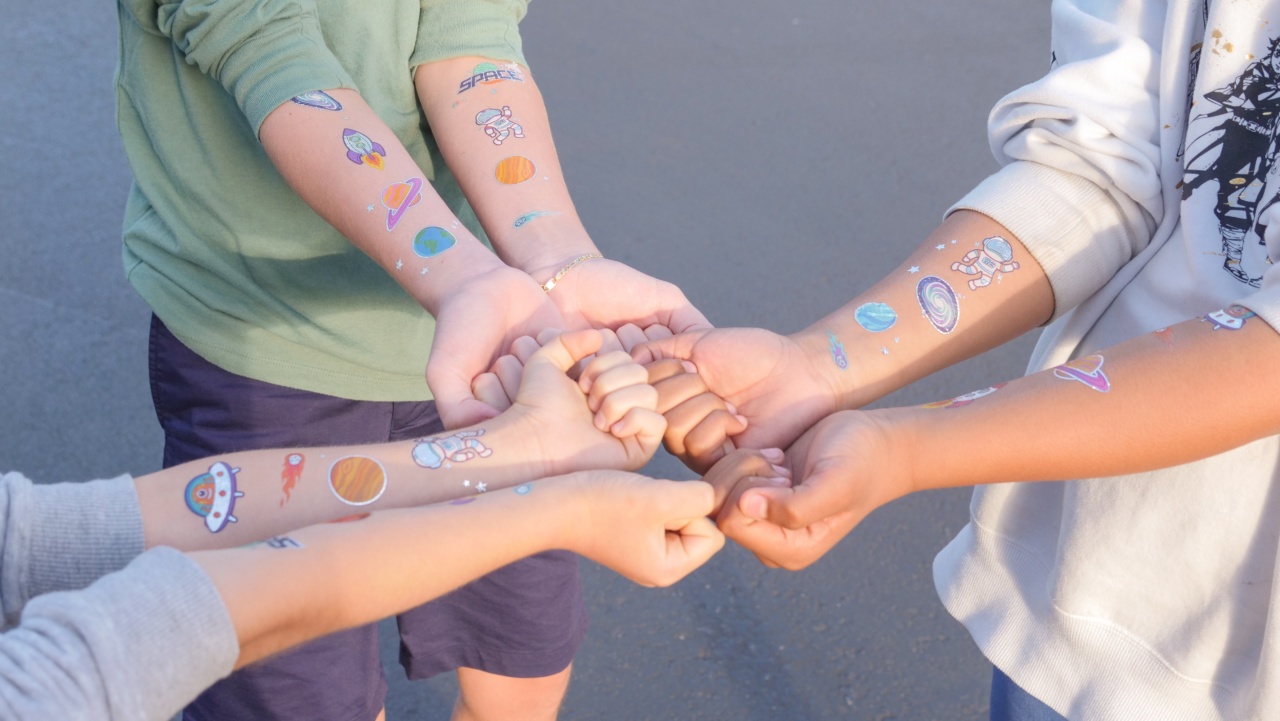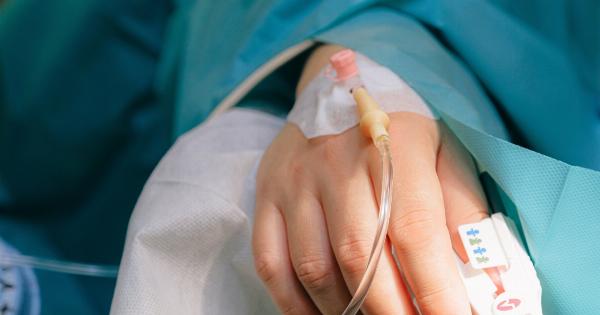Anorexia is a serious mental and physical health condition that affects people of all ages. However, it is particularly challenging in children because it can have a significant impact on their growth and development.
Anorexia, or an eating disorder, is a condition where a person has an intense fear of gaining weight. This fear is often accompanied by a distorted body image and an extreme focus on food and body weight. Children with anorexia may become malnourished, which can lead to serious medical complications.
The Signs and Symptoms of Anorexia in Children
Anorexia is not always easy to recognize in children, especially in the early stages. However, there are certain signs and symptoms that parents, caregivers, and healthcare providers should be aware of. These may include:.
- Loss of appetite: Children with anorexia may refuse to eat or have a decreased interest in food.
- Rapid weight loss: Children with anorexia may lose weight quickly and may continue to lose weight even when they are underweight.
- Obsession with food and weight: Children with anorexia may be preoccupied with food and weight, and may spend a lot of time thinking about what they eat.
- Fear of gaining weight: Children with anorexia may have an intense fear of gaining weight and may avoid certain foods or food groups.
- Distorted body image: Children with anorexia may have a distorted image of their body and may see themselves as overweight even when they are underweight.
- Changes in behavior: Children with anorexia may become irritable, moody, or withdrawn, and may avoid social situations or activities.
- Medical complications: Children with anorexia may experience medical complications such as irregular heartbeats, osteoporosis, or anemia.
The Importance of Early Detection and Treatment for Anorexia in Children
Early detection and treatment of anorexia in children is critical to prevent serious medical complications and long-term damage to their physical and emotional health.
Parents, caregivers, and healthcare providers should be vigilant for any signs of anorexia and should seek help early if they suspect their child may have an eating disorder. Treatment for anorexia in children often involves a combination of nutritional counseling, psychotherapy, and medication, and may require the involvement of a team of healthcare professionals.
The Ultimate Anorexia Treatment Method for Children
The ultimate anorexia treatment method for children involves a comprehensive approach that addresses the underlying causes of the condition and promotes long-term recovery. This treatment method may involve the following strategies:.
1. Nutritional Counseling
Nutritional counseling is an essential component of anorexia treatment for children. A registered dietitian can help develop a meal plan that meets the child’s nutritional needs and helps them to regain and maintain a healthy weight.
The meal plan should be tailored to the child’s food preferences and take into account any medical or dietary restrictions. Nutritional counseling should also include education about healthy eating habits, such as the importance of eating a balanced diet and avoiding fad diets or restrictive eating patterns.
2. Psychotherapy
Psychotherapy is another critical component of anorexia treatment for children. Different types of psychotherapy may be used, including cognitive-behavioral therapy (CBT), family-based therapy (FBT), and interpersonal therapy (IPT).
These therapies can help the child to identify and change negative thought patterns and behaviors related to food and body weight. Psychotherapy can also address any underlying psychological issues that may be contributing to the child’s anorexia, such as anxiety, depression, or trauma.
The therapist may also work with the child’s family to improve communication and support for the child’s recovery.
3. Medication
In some cases, medication may be used as part of anorexia treatment for children.
Medications such as antidepressants or anti-anxiety medications can be helpful in reducing symptoms of anxiety, depression, or obsessive-compulsive disorder, which may co-occur with anorexia. However, medication should be used in combination with psychotherapy and nutritional counseling and should only be prescribed by a healthcare provider who specializes in eating disorders.
4. Support and Follow-up Care
Recovery from anorexia in children can be a long and challenging process, and ongoing support and follow-up care are essential.
Children with anorexia may need ongoing nutritional counseling and psychotherapy to maintain their recovery and prevent relapse. Support groups can also be beneficial for children with anorexia, as they provide a safe and supportive environment for sharing experiences and coping strategies.
In addition, medical monitoring is necessary to address any medical complications associated with anorexia and to ensure the child is maintaining a healthy weight.
Conclusion: Seeking Help for Anorexia in Children
Anorexia is a serious condition that requires prompt and effective treatment, especially in children.
The ultimate anorexia treatment method for children involves a multifaceted approach that addresses the underlying causes of the condition and promotes long-term recovery. If you suspect your child may have an eating disorder, seek help from a qualified healthcare provider who specializes in eating disorders.
Early detection and treatment can make a significant difference in your child’s overall health and well-being.





























